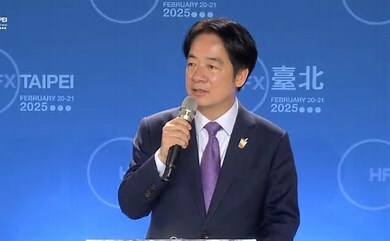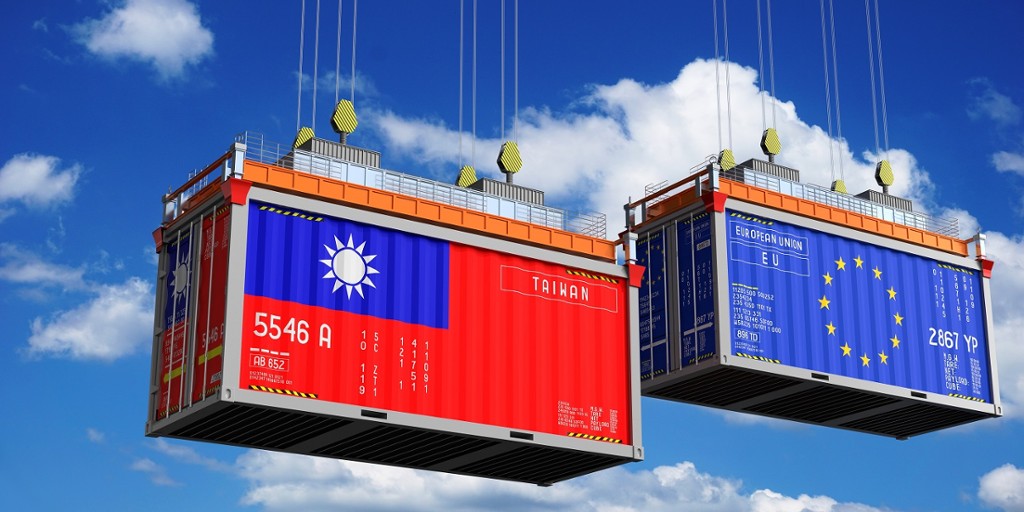by Martin Haffner Associate Editor
In a significant move to alleviate financial pressures on households and businesses, Taiwan has announced a freeze on electricity prices. This decision comes in the wake of the state-run power utility, Taiwan Power Company (Taipower), reporting staggering losses amounting to approximately $13 billion in the past fiscal year. The freeze is part of the government’s broader strategy to manage energy costs while supporting the economy during challenging times.
The Context of the Decision
Taiwan, an island nation known for its advanced semiconductor industry, has been grappling with rising energy costs exacerbated by global market fluctuations, supply chain disruptions, and the aftermath of the COVID-19 pandemic. These factors have further complicated the energy landscape, putting immense pressure on Taipower, which is responsible for generating and distributing electricity across the country.
In the past year, Taipower’s financial performance has deteriorated significantly due to soaring prices for coal and natural gas, the raw materials needed for electricity generation. Coupled with the rising demand for power, particularly during the summer months, the utility’s operational costs have surged beyond sustainable levels.
Implications of the Price Freeze
The decision to freeze electricity prices is aimed at providing immediate relief to consumers who are struggling with increased living costs. By maintaining the current tariff rates, the Taiwanese government hopes to shield households and industries from the brunt of inflation and operational costs that could have otherwise led to higher bills.
However, the freeze presents its own set of challenges. Analysts warn that without a corresponding increase in tariffs, Taipower’s financial woes are likely to deepen. The $13 billion loss reflects both the immediate impact of higher fuel prices and the longer-term structural issues facing the utility, including aging infrastructure and a reliance on fossil fuels.
Government Support and Future Considerations
In response to the ongoing difficulties, the Taiwanese government has pledged to support Taipower through direct financial assistance and strategic reforms. Officials are exploring ways to modernize the energy sector, promote renewable energy sources, and improve energy efficiency—all of which are essential to stabilize the power supply and reduce dependency on volatile foreign energy markets.
The government is also considering adjustments to its energy policy to prioritize sustainable practices that would lower overall energy costs in the long run. Such measures could include incentives for renewable energy development, investment in smart grid technology, and enhanced energy conservation initiatives.
Taiwan’s decision to freeze electricity prices in the face of significant utility losses underscores the delicate balance between supporting consumers and ensuring the financial health of key public services. While the immediate relief is welcome, the long-term strategy will require careful planning and investment in sustainable energy solutions. As Taiwan navigates these complexities, the effects of this decision will be closely watched by economists, industry leaders, and consumers alike, signaling the government’s commitment to maintaining stability in a challenging economic climate.
The situation will undoubtedly continue to evolve, as the intersection of energy policy and economic realities becomes increasingly critical for Taiwan’s future.



